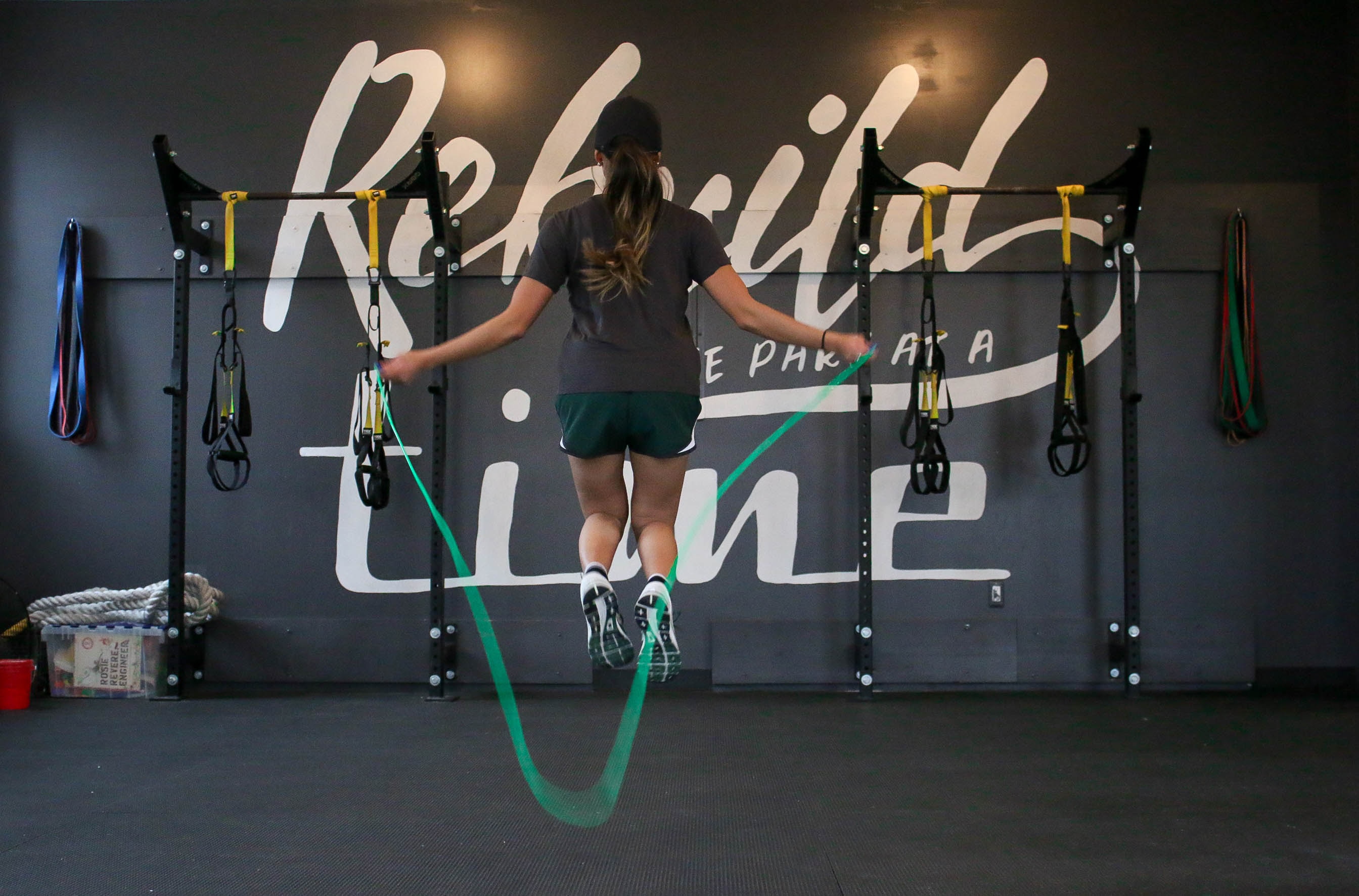The state of athlete mental health is now a hot topic in the world of sports. Professional athletes and student athletes are using their platforms to speak about their personal experiences regarding mental health which has lead to others who operate in the world of athletics to start paying attention. A lot of progress has been made within the past year in requiring mental health professionals for professional sports leagues as well as NCAA teams. But are players being provided with positive messages about mental health?
The idea of taking care of the brain when there is a problem seems to be the most popular narrative when it comes to athlete mental health. Phrases like “it’s okay not to be okay” and “a mental injury is just as important as a physical injury” are very true statements but they diminish the fact that mental health is a continuum. This means that all athletes, even if they do not have a diagnosis, will be met with high points and low points in their lives. It is okay to speak with a counselor and tend to mental health even when things are great. Waiting until there is a concern to address mental health continues the stigma and means that a lot of physically strong individuals would need to admit they “have a problem” before talking to someone, which is not a qualifier for attending counseling.
Athletes know that physical maintenance is a daily practice. So is mental wellness. Mental health does not have to be the ‘invisible opponent’ waiting to make a move on your peace of mind, but it does have to be a priority like upholding a gym membership. Implementing a routine of mental maintenance is something that should be considered by all athletes if there is any chance at achieving peak performance. If we are told that in order to maintain good health that we must eat right and exercise over the course of a lifetime shouldn’t the same be said about taking care of our mental health?


